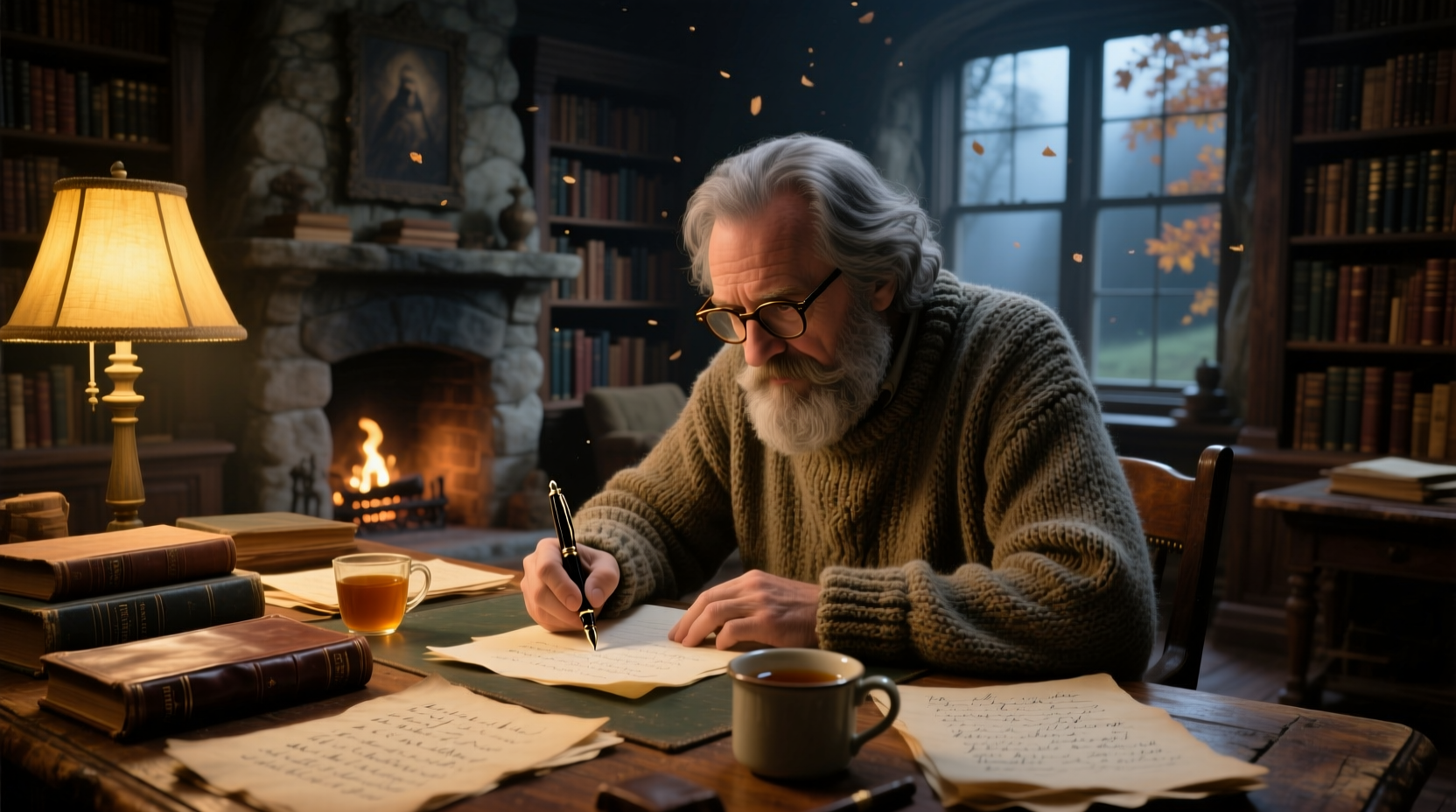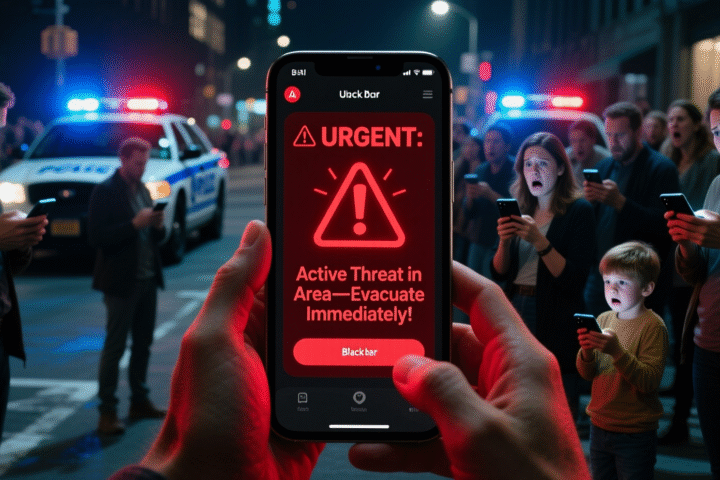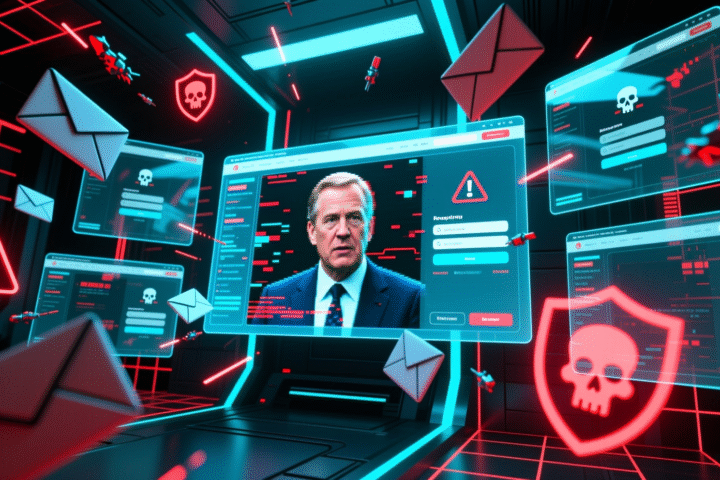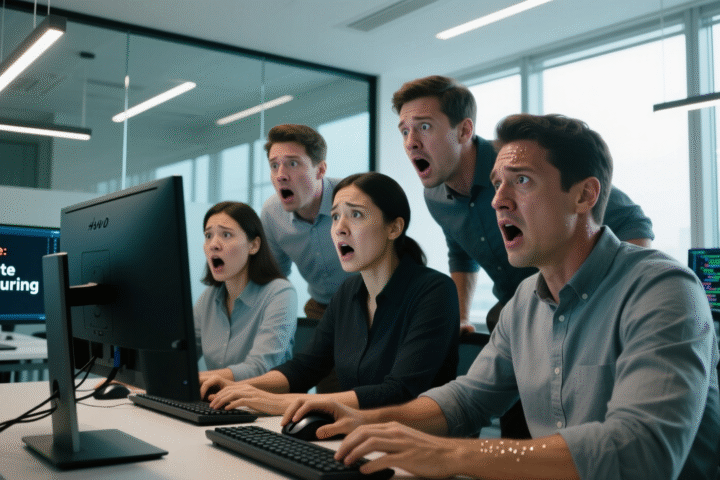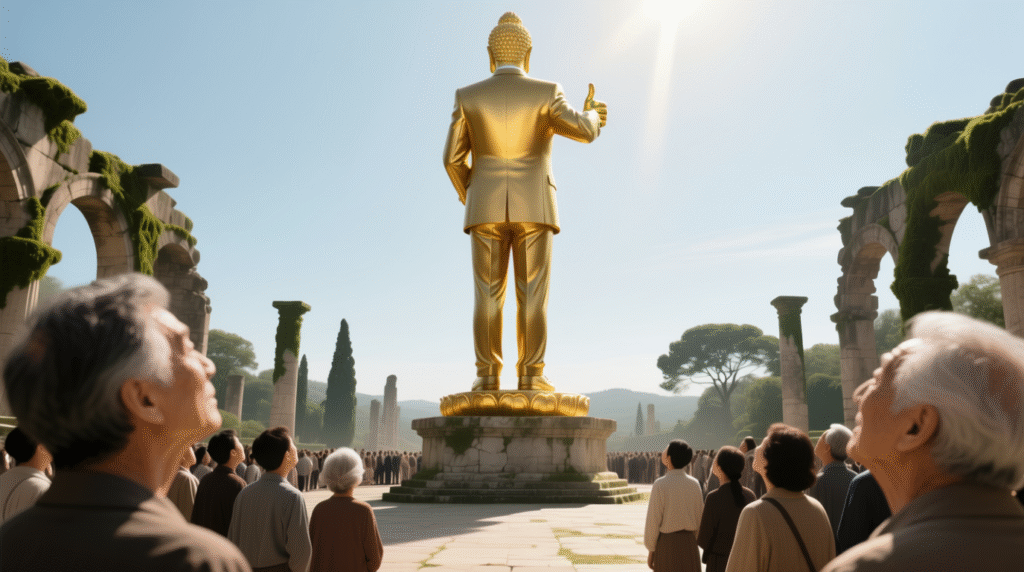A U.S. federal court has allowed authors, including George R.R. Martin, to pursue new claims of copyright infringement against artificial intelligence firm OpenAI. This marks a significant development in the ongoing legal battle over AI-generated content.
Key Points
- federal court has allowed authors, including George R
- Martin, to pursue new claims of copyright infringement against artificial intelligence firm OpenAI
- This marks a significant development in the ongoing legal battle over AI-generated content
Key points:
- A U.S. federal court has allowed George R.R. Martin and other authors to pursue copyright claims against OpenAI, focusing on AI-generated content that may infringe on their works.
- The lawsuit includes three main claims: training AI on copyrighted books, use of pirated books from shadow libraries, and ChatGPT outputs that closely resemble original works.
- Judge Sidney Stein highlighted that ChatGPT responses, including potential sequel ideas for Martin’s A Song of Ice and Fire, could infringe copyrights, though the court did not rule on fair use.
According to reports, the copyright lawsuit against OpenAI, filed approximately three years ago, involves three main claims from the plaintiffs. The first alleges that training AI models on copyrighted books constitutes infringement. The second, a more recent argument, challenges the use of pirated books from shadow libraries that were not part of the training process. The third claim contends that responses generated by ChatGPT are substantially similar to the original copyrighted works.
On Tuesday, U.S. District Judge Sidney Stein approved the distinction between the shadow library and training theories in the case, allowing the claims to be considered separately. “The prior class complaints asserted a cause of action for copyright infringement and alleged that OpenAI impermissibly downloaded and reproduced plaintiffs’ books,” Judge Stein wrote. “The fact that many of the allegations in the prior class complaints suggested that the ultimate purpose of the reproduction was to train OpenAI’s LLMs is not dispositive,” the judge added.
Related: OpenAI Taps Real Freelancer Work to Benchmark AI Office Performance
Over the course of the litigation, the argument regarding the unauthorized downloading of books has evolved. Initially, the plaintiffs’ legal teams tied the piracy directly to OpenAI’s AI model training under a single claim.
Following the consolidation of multiple class-action lawsuits against OpenAI and Microsoft, the theory was divided, asserting that the act of illegally downloading copyrighted works alone, even if not used for AI training, constitutes copyright infringement.
Related: Watchdog Flags Sensitive Child Images Said to Be Made Using Grok
Additionally, Judge Stein determined that ChatGPT responses could potentially infringe on the copyrighted works used in its training, citing the chatbot’s summaries of Martin’s A Song of Ice and Fire series.
Potential sequel outlines for Martin’s works were central to the court’s decision. When asked to create an alternative continuation of A Clash of Kings that diverged from A Storm of Swords, ChatGPT suggested that Robb Stark forms a surprise alliance with Renly Baratheon’s remaining supporters, dramatically shifting the balance of power in the war. The court emphasized that it was not ruling on fair use, but noted that a jury could reasonably determine that the AI-generated content infringes on Martin’s copyrighted works.

